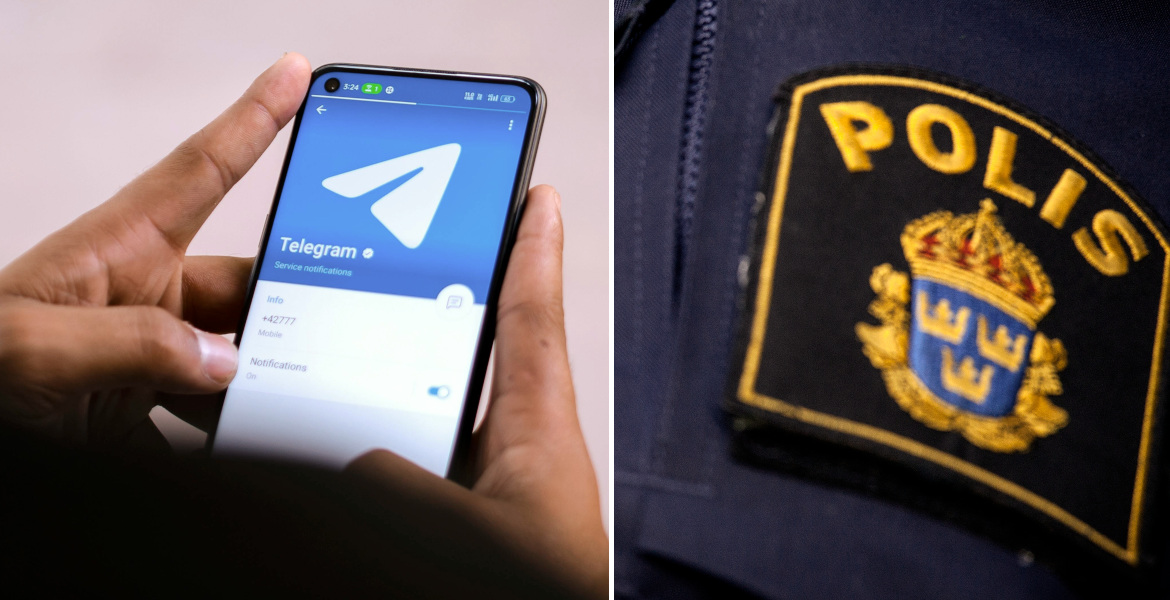The messaging service Telegram has previously been presented as a more privacy- and free speech-friendly alternative to the services provided by major American tech companies.
However, censorship has now started to increase there as well, and several Russian media outlets have recently been blocked in Sweden and several other EU countries.
These include the state news agency Ria, the TV channels Rossiya 1, Pervyj Kanal and NTV, and the newspapers Izvestiya and Rossiyskaya Gazeta.
Users in Sweden who try to access the media’s Telegram channels are prevented from doing so and are instead met with an error message stating that the channels cannot be shown because they violate local legislation.
It is unclear whether the Russian media are blocked on Telegram across the European Union – but it is clear that they cannot be accessed in Poland, Belgium, France, the Netherlands, Greece, Italy and the Czech Republic either.
“An informational iron curtain”
It should also be noted that several of the media outlets now blocked by Telegram have previously been banned, blocked or sanctioned by EU powers for allegedly being under the “permanent direct or indirect control” of the Kremlin and playing a “essential and instrumental” role in the war in Ukraine.
Senator Alexei Pushkov, who heads the Russian media policy committee in the Federation Council, is highly critical of the censorship, drawing parallels with the Cold War.
– I believe that the blocking of the RIA Novosti Telegram channel and other Russian mass media, including Izvestia and Rossiyskaya Gazeta in a number of EU countries, is a continuation of the effort to create an informational iron curtain between Europe and Russia, he says, according to Russian state channel RT.
CEO arrested in France
RT also had all its Telegram accounts blocked across the EU shortly after the Ukraine war started in 2022.
This summer, Telegram founder Pavel Durov was also arrested and detained by French police, accused of not doing enough to prevent criminals from using his platform and told that he risks being held personally liable for the crimes others commit on Telegram.

Shortly thereafter, Durov also promised that Telegram would become a “safer place,” while the service quietly updated its FAQ. Promises that chats were private and that data would not be shared with outsiders were replaced with instructions on how users can report “suspicious” messages.
Critics were quick to point out that it is not only criminal actors who risk being removed from the platform but also accounts belonging to political dissenters or other voices that Western leaders may want to silence.








